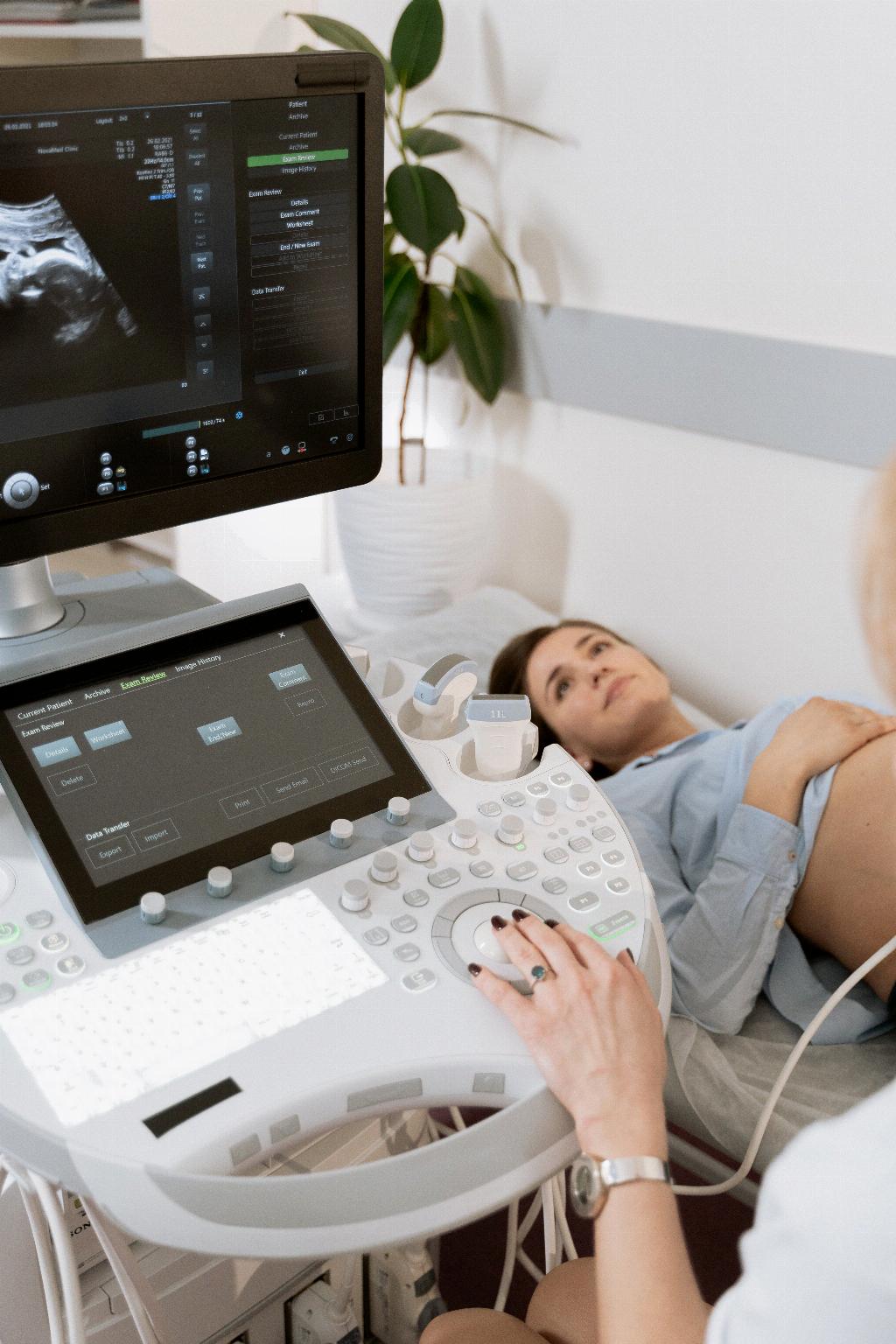Varicose veins are a common condition that affects many individuals, causing twisted, enlarged veins that often appear blue or dark purple. While varicose veins are typically harmless and mostly a cosmetic concern, there are certain situations where seeking emergency medical attention is crucial.
If you experience sudden severe pain in your leg, especially if it starts in your calf and feels like cramping or soreness, it could be a sign of a more serious condition such as deep vein thrombosis (DVT). DVT occurs when a blood clot forms in one of the deep veins of the body, typically in the legs. This condition requires prompt medical evaluation and treatment to prevent potentially life-threatening complications.
Another red flag to watch out for is discoloration or redness of the skin overlying the varicose veins. If you notice that your skin has changed color, especially if it appears red or discolored, it may indicate inflammation or a potential infection in the affected vein. In such cases, seeking immediate medical attention is necessary.
Feeling warmth in the area of the varicose vein is another warning sign that should not be ignored. If your leg feels warm to the touch, it could be a sign of inflammation or infection. In some cases, warmth accompanied by tenderness and swelling may indicate a more serious underlying issue that requires urgent medical evaluation.
While varicose veins are generally considered a benign condition, it is essential to be vigilant and monitor any changes in your symptoms. If you notice a sudden increase in the size of the varicose veins, or if they become painful, tender, or swollen, it may be an indication of a more significant problem that warrants immediate medical attention.
It is crucial to be aware of the potential complications associated with varicose veins, such as the development of blood clots or ulcers. If you experience any signs of a blood clot, such as swelling, warmth, or redness in one leg, it is important to seek prompt medical evaluation to rule out DVT or other serious conditions.
Individuals with a history of blood clots, a family history of clotting disorders, or conditions that increase the risk of clot formation, such as pregnancy or prolonged immobility, should be especially vigilant and seek medical attention promptly if they notice any unusual symptoms or changes in their varicose veins.
Ignoring concerning symptoms related to varicose veins can have serious consequences, including the risk of developing complications that may compromise your health and well-being. It is always better to err on the side of caution and seek medical advice if you have any doubts or concerns about the appearance or symptoms of your varicose veins.
Remember that early detection and treatment of potential complications associated with varicose veins can significantly improve outcomes and reduce the risk of serious complications. If you are unsure whether your symptoms warrant a visit to the emergency room, it is best to consult with a healthcare provider who can assess your condition and provide appropriate guidance.
Ultimately, the decision to go to the emergency room for varicose veins should be based on the severity of your symptoms and your individual risk factors. Trust your instincts and seek medical attention if you are worried or unsure about the nature of your symptoms. It is always better to be safe than sorry when it comes to your health and well-being.
While varicose veins are generally considered a benign condition, it is essential to be vigilant and monitor any changes in your symptoms. If you notice a sudden increase in the size of the varicose veins, or if they become painful, tender, or swollen, it may be an indication of a more significant problem that warrants immediate medical attention.
Remember that your health and well-being should always take precedence, and seeking timely medical evaluation for concerning symptoms related to varicose veins can help safeguard your health and prevent potential complications. Do not hesitate to seek medical attention if you have any doubts or concerns about your varicose veins, as early intervention can make a significant difference in your overall prognosis.

